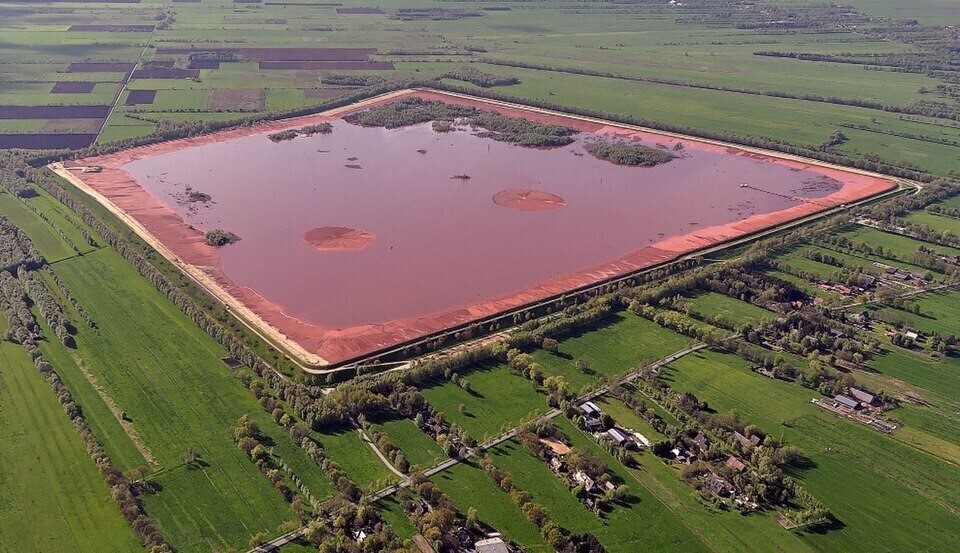

Vedanta Aluminium, India's largest producer, has begun a path-breaking project to convert red mud, a big industrial waste from the alumina refining process, into a useful agricultural resource. The company has signed a Memorandum of Understanding (MoU) with the Indian Council of Agricultural Research - Central Tuber Crops Research Institute (ICAR-CTCRI) for developing and commercialising this "waste-to-wealth" technology.

Red mud to green gold
The research partnership seeks to confront the sustainable management of bauxite residue, or red mud. For each tonne of alumina produced, approximately two tonnes of red mud are generated. This extremely alkaline residue is conventionally disposed of in vast engineered ponds, taking up large areas of land. You can read our recent market report on it here.
In the new MoU, Vedanta Aluminium and ICAR-CTCRI will combine their scientific and industrial knowledge to improve a process to convert red mud into an enriched soil additive. The aim is to develop a safe growth agent applicable for agriculture, mass afforestation, and ecological rehabilitation of mined-out areas and ex-red mud storage sites.
According to Rajiv Kumar, Vedanta Aluminium's CEO, "“This venture, among many other circular economy avenues in Vedanta, is a testament to our commitment to sustainability and environmental responsibility. Through this collaboration, Vedanta Aluminium and ICAR-CTCRI are creating an ecological opportunity, demonstrating how scientific and industrial synergies can address both environmental and industrial challenges. We are laying the foundation for a future where industrial by-products such as red mud are effectively repurposed as environmental assets, a true ‘Red to Green’ revolution.”
Red mud: high-level research being done
The primary scientific hurdle in using red mud for agriculture is neutralising its high pH and salinity. The research conducted by ICAR-CTCRI will be critical in developing an economically viable solution to this. It aims to ensure the final product boosts soil health and crop productivity without any adverse effects.
Dr Byju, Director, ICAR-CTCRI, said, “This collaboration marks a significant milestone, combining ICAR-CTCRI’s robust agricultural research capabilities with Vedanta’s massive scale and industrial expertise. By working together, we hope to deliver innovative, scalable, and eco-friendly solutions that will benefit farmers, communities, and the environment alike.”
This initiative is the culmination of a number of initiatives by Vedanta to manage its process waste in a sustainable manner. Earlier, experts from Vedanta and NITI Aayog, along with scientists and subject matter experts from the National Metallurgical Laboratory (NML) and the Institute of Minerals and Materials Technology (IMMT) and Jawaharlal Nehru Aluminium Research Development & Design Centre (JNARDDC), held many discussions to identify sustainable applications for red mud. The company has also collaborated with IIT Kharagpur to find a technology that minimises the generation of red mud by 30 per cent in the refining process. Through this conversion of industrial waste to a resource for farmers, Vedanta hopes to set a new standard in the circular economy.
Responses








